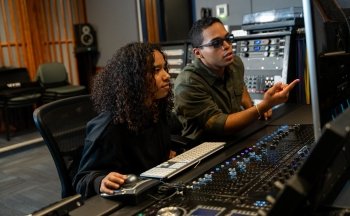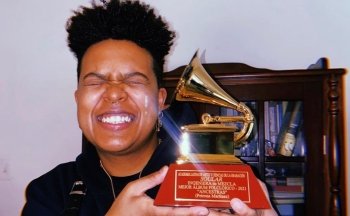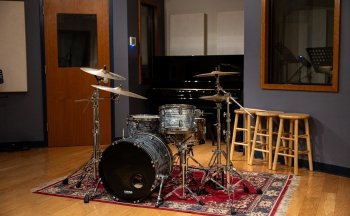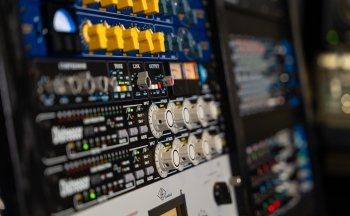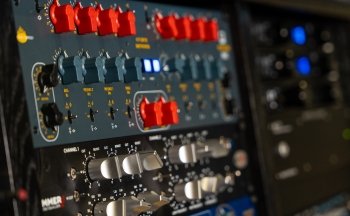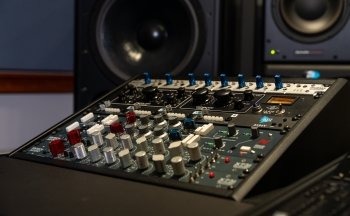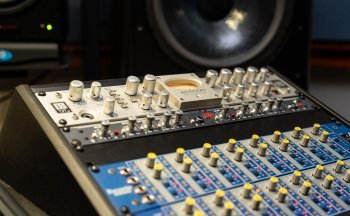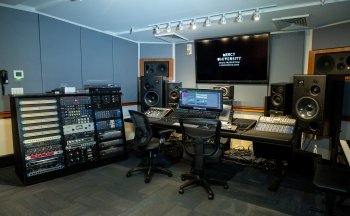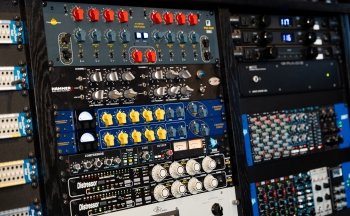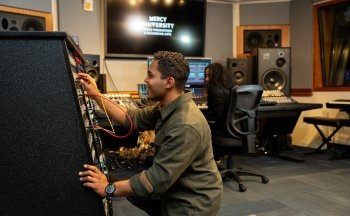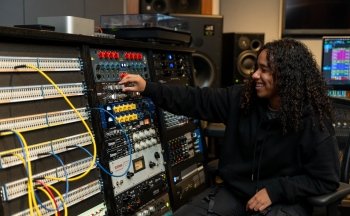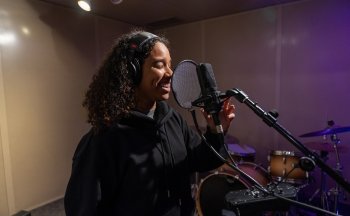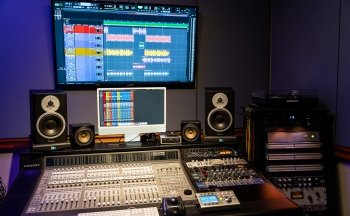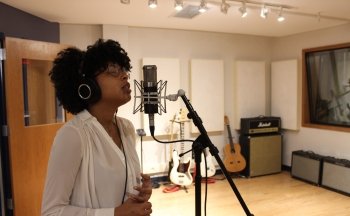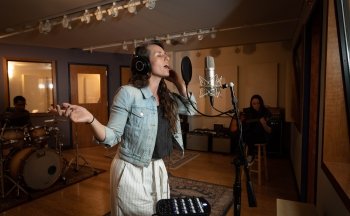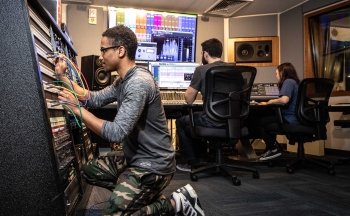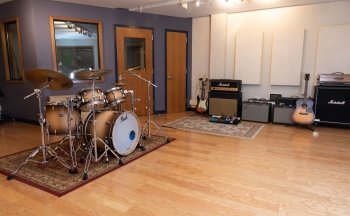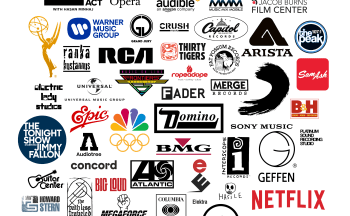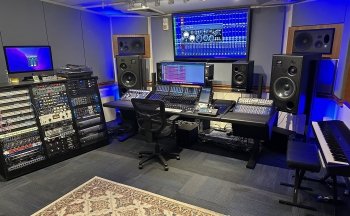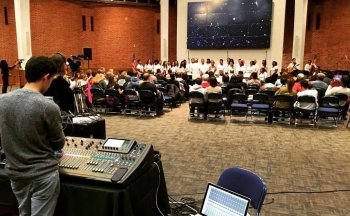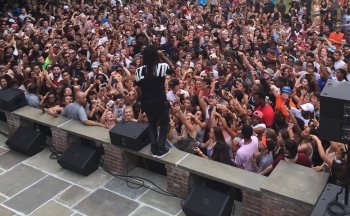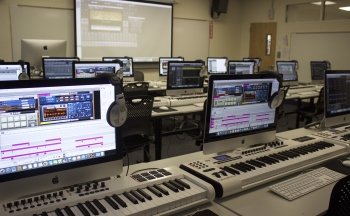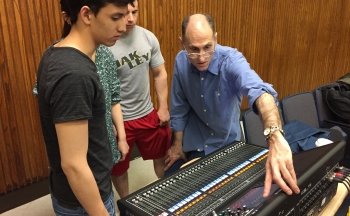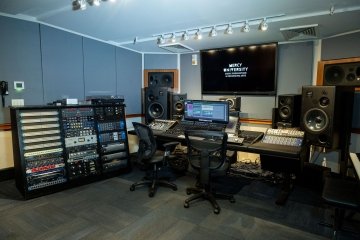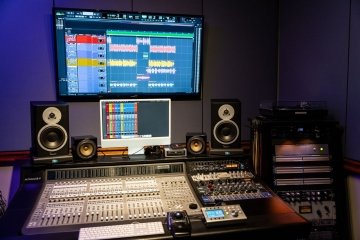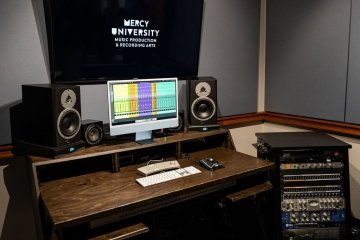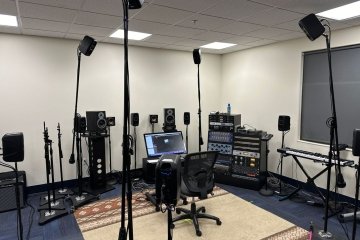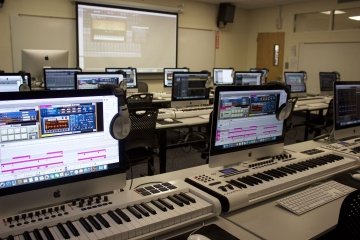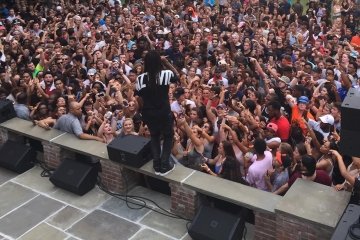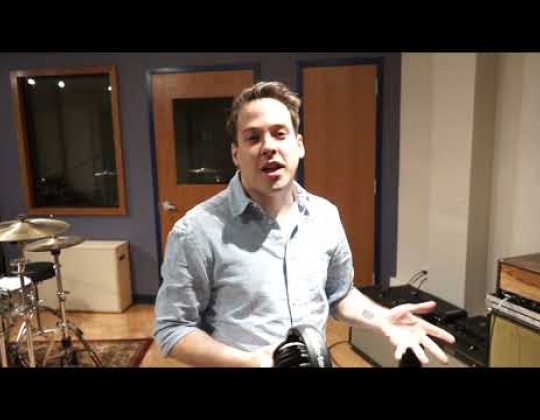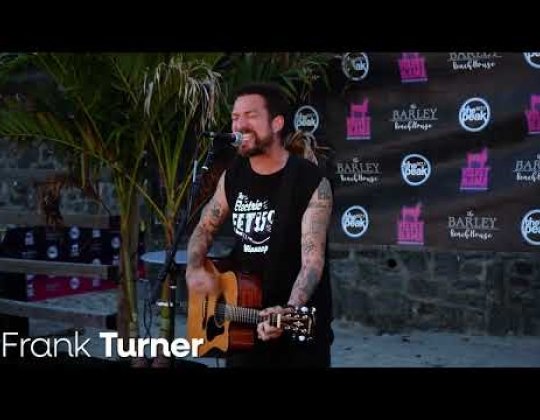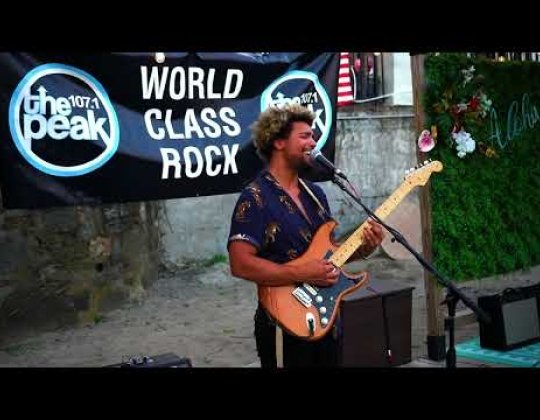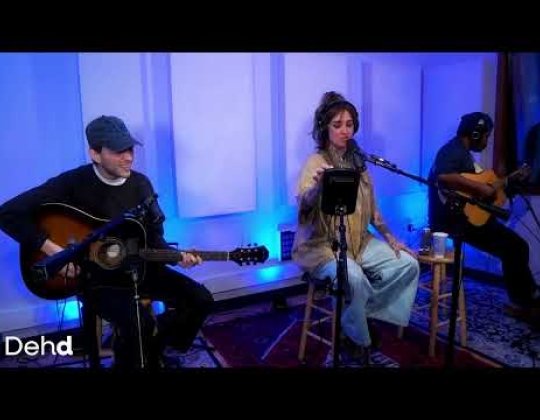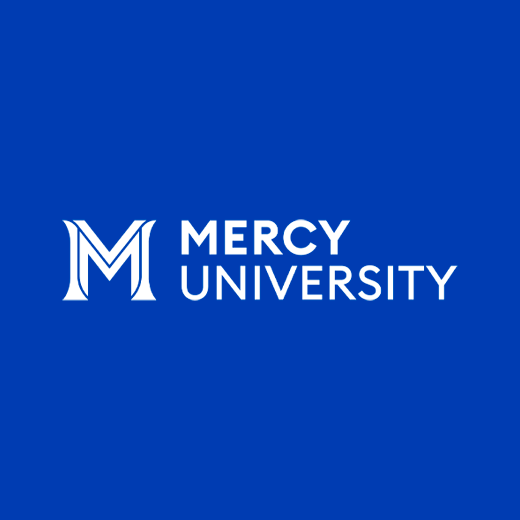Music Production and Recording Arts
- 120 Credits
- School of Liberal Arts
- Westchester

Music Production and Recording Arts Overview
The Bachelor’s of Science program is designed to prepare students for careers in Music Production and Recording Arts, with transferable audio skills applicable to Film, Television, Live Sound, Radio, Gaming, Theatre and Multi-Media professions.
The program is housed in a dedicated multi-studio complex on our Westchester NY campus.
Students are able to specialize in topics including: music recording and production; music mixing & mastering; live sound, music business, sound for gaming and animation; remote recording and more.
Students will learn from a faculty of industry professionals bringing "real world" experience to the classroom. Through a "hands-on" curriculum and project-based learning, students develop practical skills while acquiring the critical theoretical knowledge needed to adapt to future technologies.
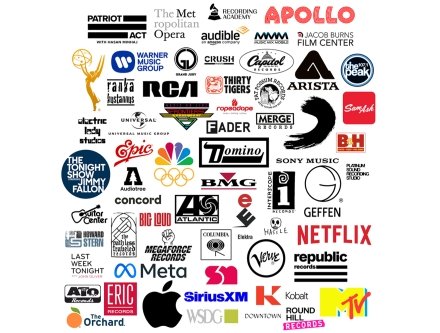
Career Opportunities
- Music Producer
- Audio Engineer
- Sound Designer
- Music Composer
- Mixing Engineer
- Mastering Engineer
- Atmos Mixing
- Live Sound Technician
- Broadcast Sound
- Sports Sound
- Music Licensing
- Studio Manager
- Foley Artist
- Audio Post-Production
- DJ
- Music Supervisor
- A&R Representative
- Songwriter
- Music Teacher/Educator
- Music Marketing Specialist
- Podcast Producer
- Radio Producer
- Technical Support Specialist
- Social Media Producer
Want More Info?
We'd like to hear from you! Get more information.
Photo Gallery
Facilities
Gain hands-on experience in our state-of-the-art recording facilities
Studio A
Recording Studio with large control room, 5.1 Surround-Sound, live room, drum booth and vocal both. A state-of-the-art assortment of boutique analog and digital processors.
Studio B
Recording Studio with large 12’x14’ isolation booth.
Studio C
Production Suite
Studio D
Recording Studio with Atmos, live sound workspace, and rehearsal space.
Music Production Labs (3 Labs)
Labs include Apple computers each with M-Audio controllers, Focusrite audio interfaces, and an array of production software including Avid Pro Tools, Apple Logic and Ableton Live and plugins by Native Instruments.
Live Sound and Location Recording
Multiple analog and digital live sound reinforcement mixers





